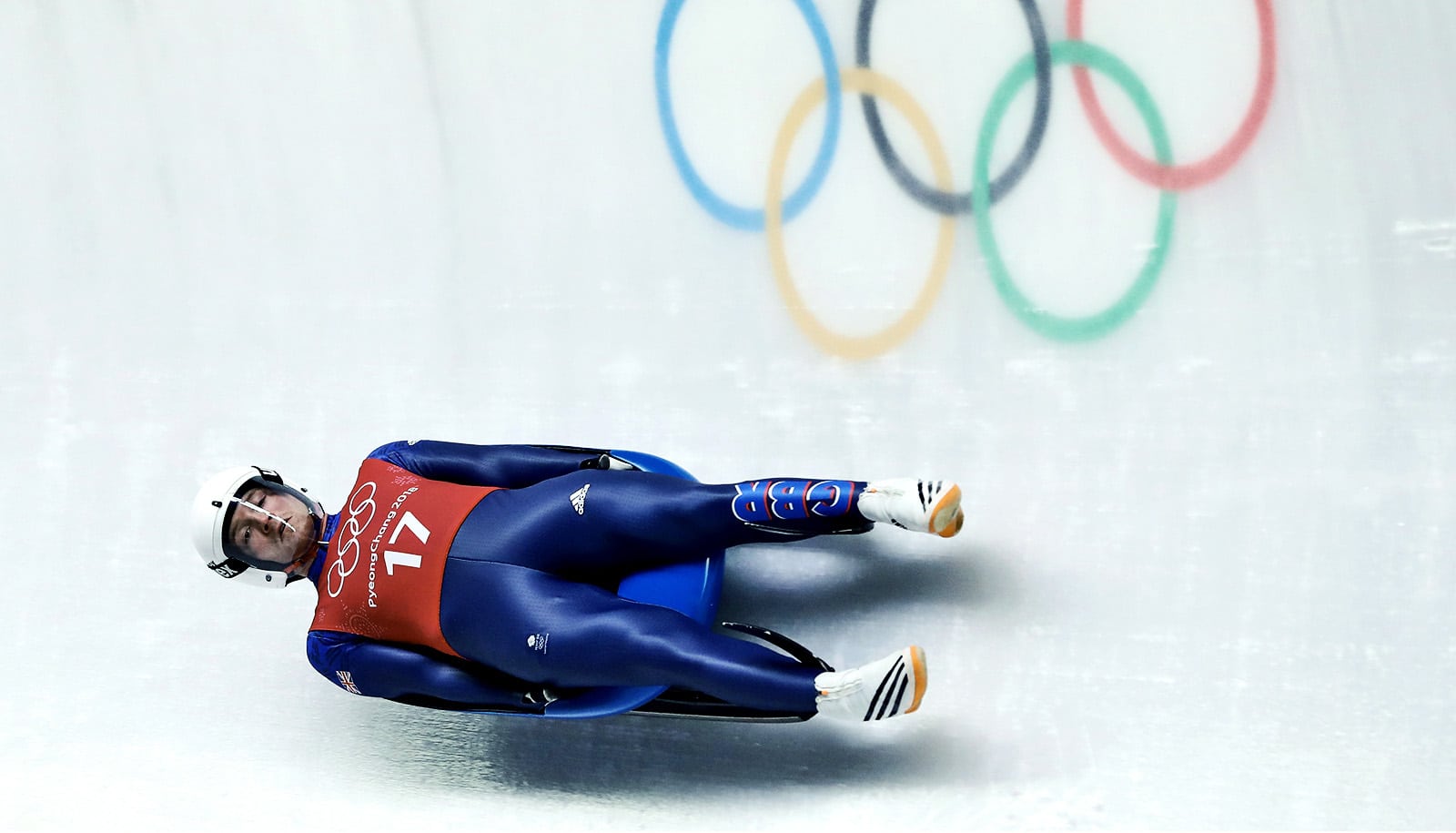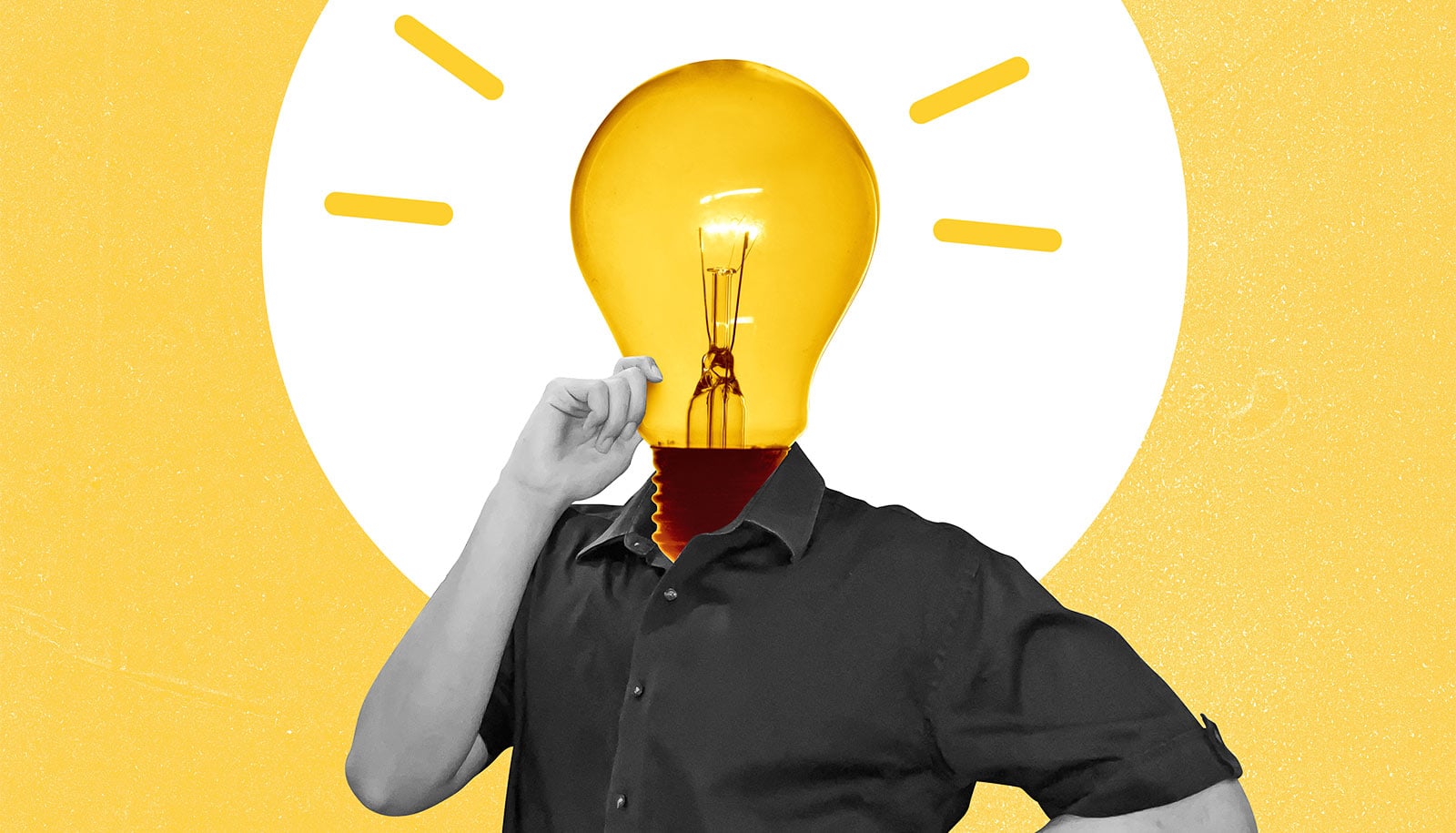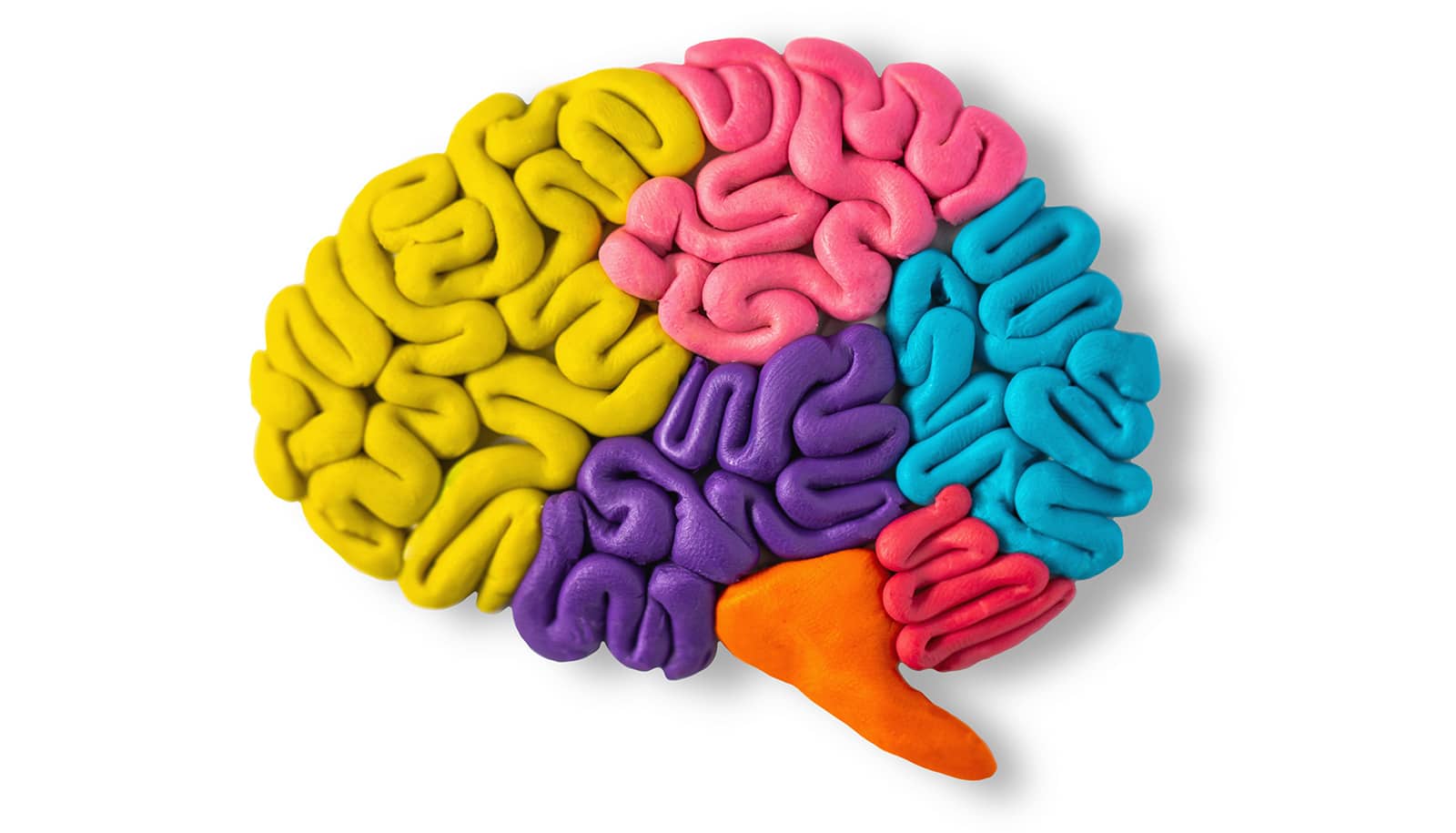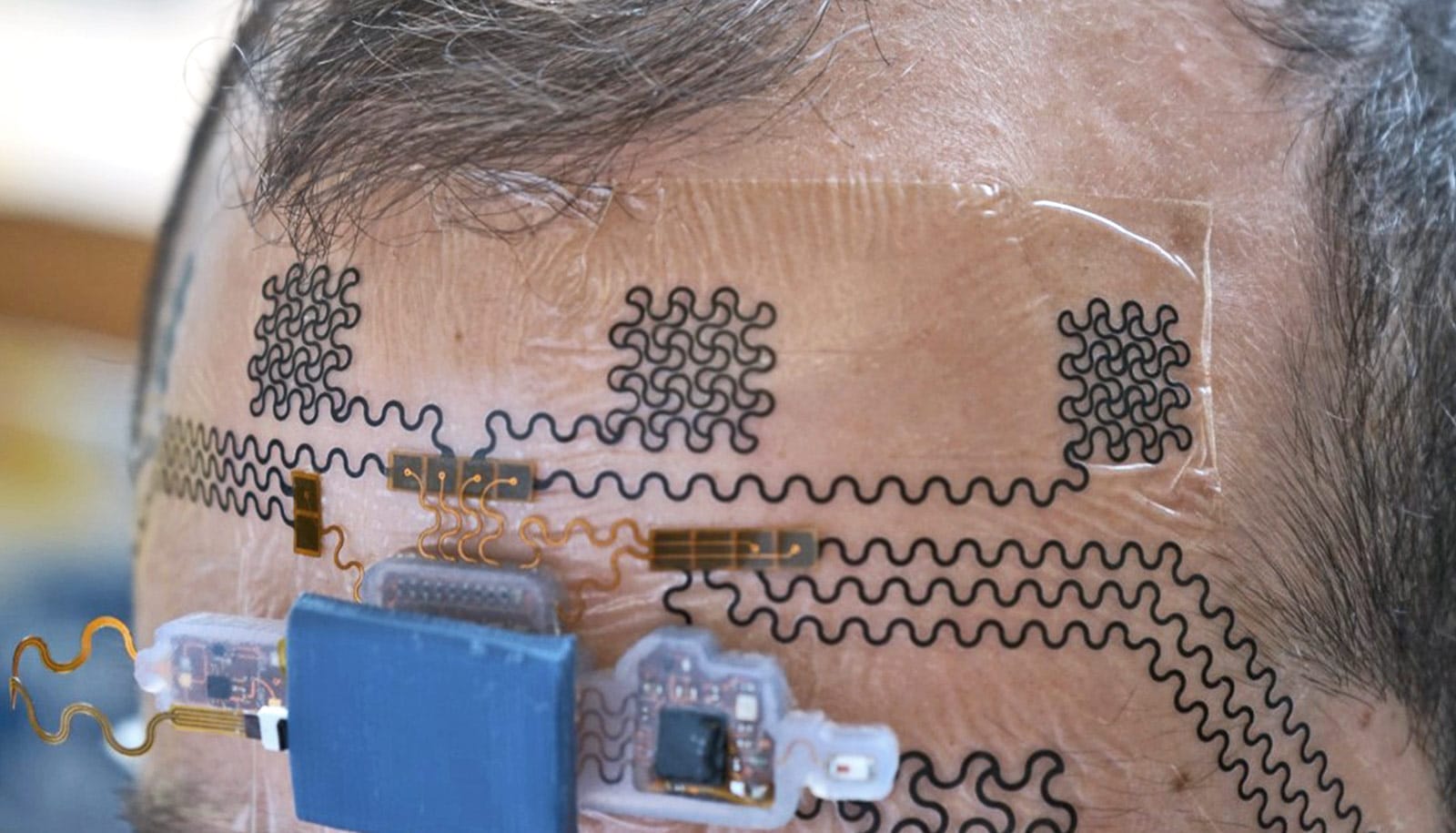Quick decision-making and a lot of experience give Olympians an edge, says neuroscientist Christopher Fetsch.
Fetsch, assistant professor of neuroscience and researcher in the Zanvyl Krieger Mind/Brain Institute at Johns Hopkins University, studies how the brain makes decisions, weighing information coming in from the various senses.
Take Olympic skiers. They fly down the slope and see a gate. Go left or right? It’s a seemingly easy choice, but a very tough computational challenge for the brain.
The skiers must evaluate what’s ahead, the feel of the snow pack, speed, the tilt of the body. But because they’ve skied slopes like this thousands of times, by the time they’re on an Olympic course, at that gate, their brains know just how to merge this disparate sensory information.
Though the brain of someone who’s never skied would be at a loss, the Olympian’s brain has expertise at solving this precise equation involving speed, snow, and other variables. In about the time it takes to blink, the skier has settled on an informed plan.
The entire run is a sequence of these decisions.
Your ‘mind’s eye’ can make its own decisions
“What sets elite athletes apart from us is not necessarily their bodies, their strength, or their agility,” Fetsch says. “What really sets apart the gold medalists from just the also-rans is the quickness and flexibility with which their brains are converting input from their senses into commands to move their muscles. These rapid-fire decisions that a skier has to make going down the slope will determine whether that extra hundredth of a second is gained.”
Source: Johns Hopkins University



